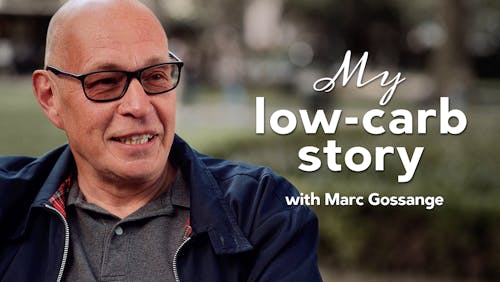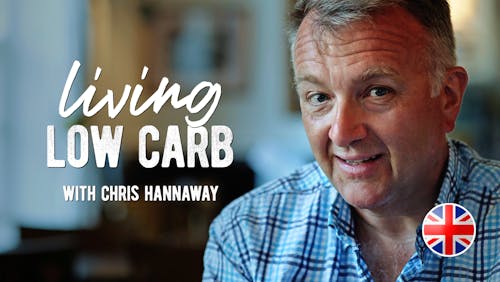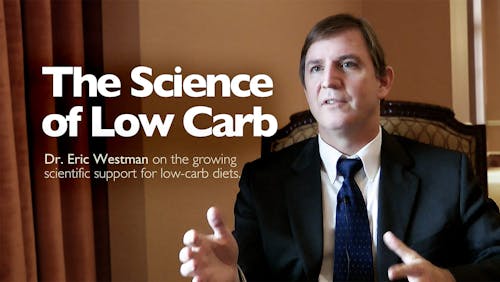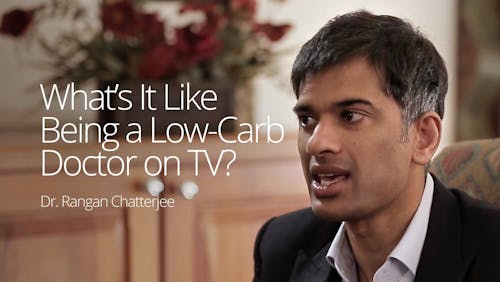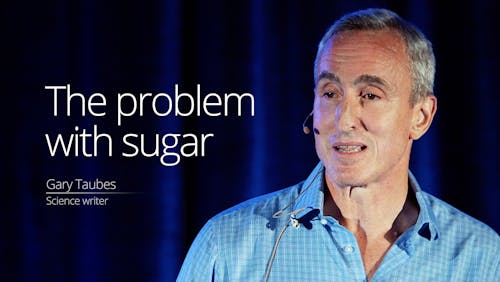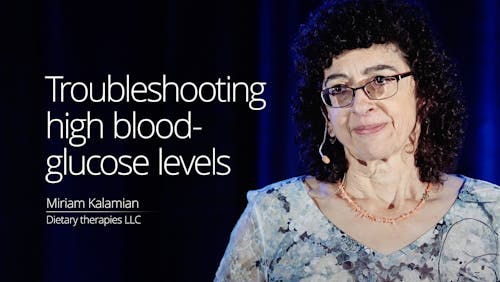Insulin – once a life saver, now a killer?
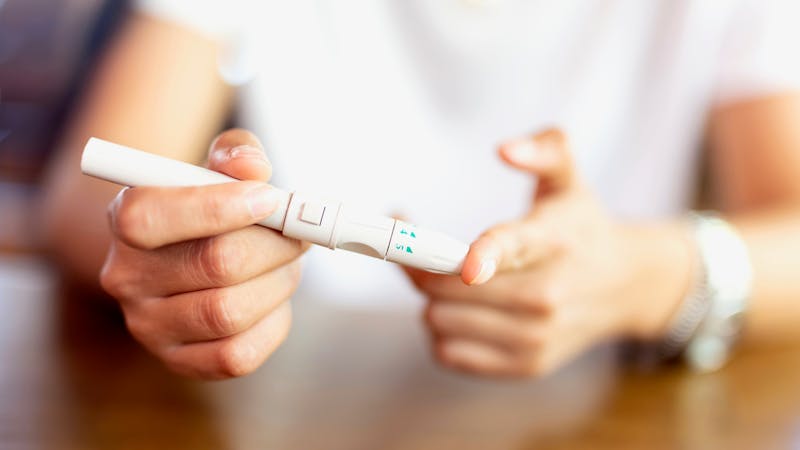
Before we had insulin, people with type 1 diabetes died much more often. No question about it. Insulin has been a lifesaver for those with type 1 diabetes. But what about the vast majority of patients with diabetes in the world who have type 2 diabetes?
A recent study suggests insulin may be more likely to harm than help.
Northwestern Now: Two type 2 diabetes drugs linked to higher risk of heart disease
As we wrote wrote previously, picking medications to manage type 2 diabetes is complicated work. Doctors face a daily challenge of trying to manage blood sugar levels in a way that also reduces the risk of heart attacks, amputations and death. Not all medications accomplish this goal. And it turns out insulin may be the worst one.
A recent trial in JAMA Open Network retrospectively analyzed over 137,000 charts of patients with type 2 diabetes who were started on a “second line” anti-diabetes drug — essentially any drug besides metformin. The study authors looked for any associations between the drug that was started and the risk of a first cardiac event.
The analysis used dipeptidyl peptidase 4 (DPP-4) inhibitors (such as Januvia) as the control because they have traditionally shown no added cardiac benefit or risk in prior studies. The authors found a slight decreased risk with glucagon-like peptide 1 (GLP-1) receptor agonists such as Byetta), and no significant difference with sodium-glucose cotransporter 2 (SGLT-2) inhibitors (such as Jardiance or Invokanna).
Of note, however, the analysis found a significant increased risk of cardiac events with sulfonylureas (such as glipizide and glyburide) and the largest increase with insulin therapy. To be fair, this was an observational trial which does not prove causation. It should be noted however, that the relative risk for insulin was over 2.0 (more than double the risk of the control group), the usual cut off for an observational finding being worthy of significant attention.
The most interesting part of this study is that the two drugs that increased cardiac risk both increase the amount of circulating insulin. Although this study does not prove that increasing insulin levels increases cardiac risk, it does emphasize the potential importance of a diabetes treatment that does not increase insulin levels.
What this study failed to mention is that the best treatment to fit that description is a low-carb, high-fat diet. Rather than studying second line anti-diabetes medications, what if we could prevent the need for the drugs in the first place? That’s where the power of an LCHF diet has started to, and will continue to, revolutionize the management of carbohydrate fueled diseases.
Thanks for reading,
Bret Scher MD FACC
Earlier
Diabetes drugs are a juggling act – is there a better way?

